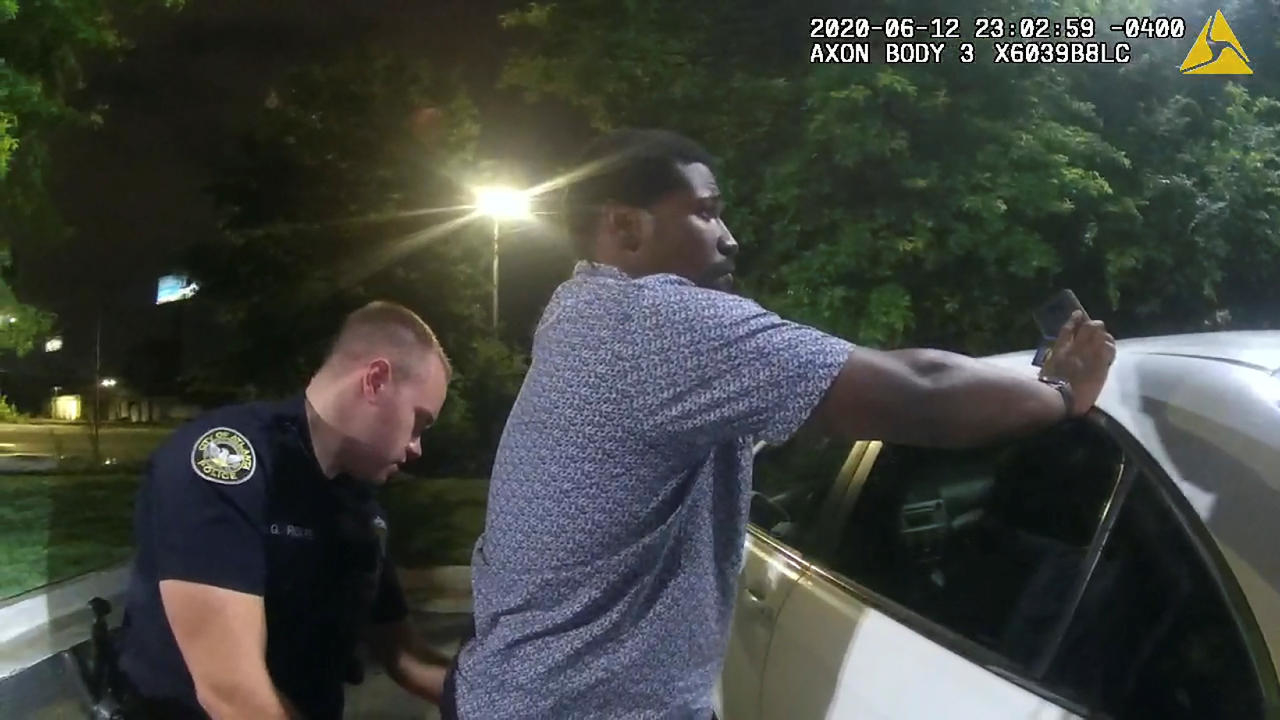NEW DELHI: Finding arguments getting repetitive in the final phase of hearing on cross-appeals by Hindu and Muslim parties for ownership of the 2.77-acre disputed Ramjanmabhoomi-Babri Masjid land in Ayodhya, the Supreme Court on Friday curtailed the schedule of arguments by a day and said it must conclude on October 17.
Modifying the earlier schedule which mandated both sides to conclude arguments by October 18, a bench of CJI Ranjan Gogoi and Justices S A Bobde, D Y Chandrachud, Ashok Bhushan and S Abdul Nazeer told the counsel for both sides that they must conclude arguments by October 16, that is three days after the court resumes hearing on October 14 after a week-long Dussehra break.
“You must argue on October 17 on how the SC can mould the relief in the appeals,” the bench said. CJI Gogoi is scheduled to retire on November 17, which would give the bench a maximum 30 days to write and pronounce the judgment.
The Allahabad high court had dismissed the suits filed by Gopal Singh Visharad (in 1950), Nirmohi Akhara (1959) and Sunni Waqf Board (1961). However, it had entertained the 1989 suit filed by deity Ram Lalla Virajman through next friend Triloki Nath Pandey (who substituted Justice Deoki Nandan Agrawal on his demise).
In its September 30, 2010 judgment, the HC had divided the disputed land into three equal parts and allotted the area under the central dome of the demolished mosque to Ram Lalla; Sita Rasoi, Ram Chabutra and Bhandara in the outer courtyard of the mosque to Nirmohi Akhara; and the rest to the Sunni Waqf Board. Both Hindu and Muslim parties challenged the HC decision in the apex court.
The Muslim parties, through senior advocate Rajeev Dhavan, said the suits should be decided on the basis of equity accruing to both sides but the SC must keep in mind the illegalities committed by Hindu parties to prevent Muslims from offering namaz at the disputed structure.
He listed out the illegal acts — Bairagis and Hindus of Ayodhya substantially damaging the domes of Babri Masjid during a riot in 1934; surreptitious placing of idols in the mosques inner sanctum by Hindus on the intervening night of December 22-23, 1949 to desecrate it and then preventing Muslims from offering namaz there; rath yatra by politicians in 1990 to exert pressure on the court where title suits were pending and, finally, demolition of the mosque in 1992.
Dhavan said in November 1858, one NRead More – Source
SC trims time for Ayodhya arguments by a day to October 17
0
FOLLOW US
BROWSE BY CATEGORIES
BROWSE BY TOPICS
2018 League
Bali United
Beijing
BlackBerry
Brazil
Broja
Budget Travel
Bundesliga
California
Champions League
Chelsea
China
Chopper Bike
Coronavirus
COVID
COVID-19
Crime
Doctor Terawan
EU
France
French
German
Istana Negara
Italy
Kazakhstan
Market Stories
Mexico
National Exam
Nigeria
Omicron
Pakistan
Police
protests
Qatar
Ronaldo
Russia
Smart Voting
Sweden
TikTok
Trump
UK
Ukraine
US
vaccine
Visit Bali
No Result
View All Result
Recent Posts
Categories
Tags
2018 League
Bali United
Beijing
BlackBerry
Brazil
Broja
Budget Travel
Bundesliga
California
Champions League
Chelsea
China
Chopper Bike
Coronavirus
COVID
COVID-19
Crime
Doctor Terawan
EU
France
French
German
Istana Negara
Italy
Kazakhstan
Market Stories
Mexico
National Exam
Nigeria
Omicron
Pakistan
Police
protests
Qatar
Ronaldo
Russia
Smart Voting
Sweden
TikTok
Trump
UK
Ukraine
US
vaccine
Visit Bali
Federal Government focuses on “integrated security”
Berlin (dpa) – The Federal Government is responding to the challenges of an increasingly unstable world order by means of a “policy...
Read moreRecent News
AI Girlfriends as Creative Writing Partners
May 30, 2025
OnlyFans Platform Analysis
June 12, 2024











